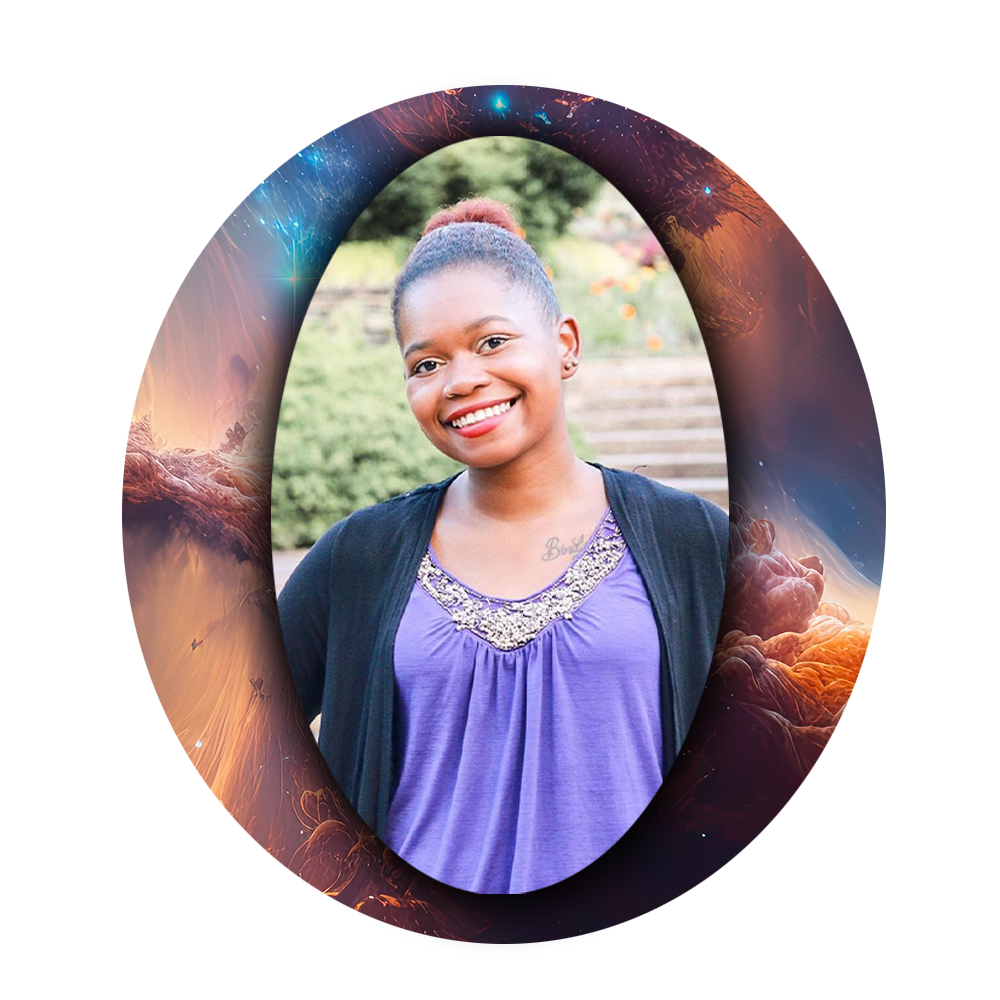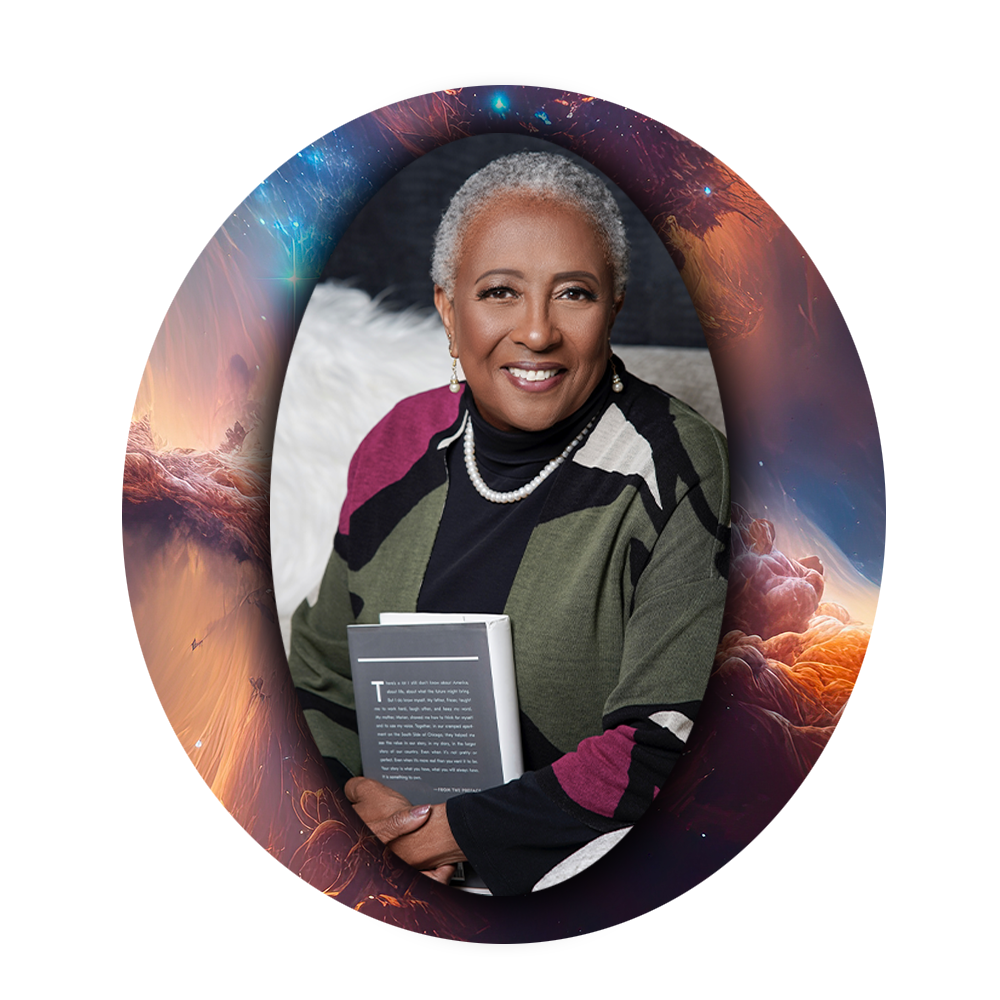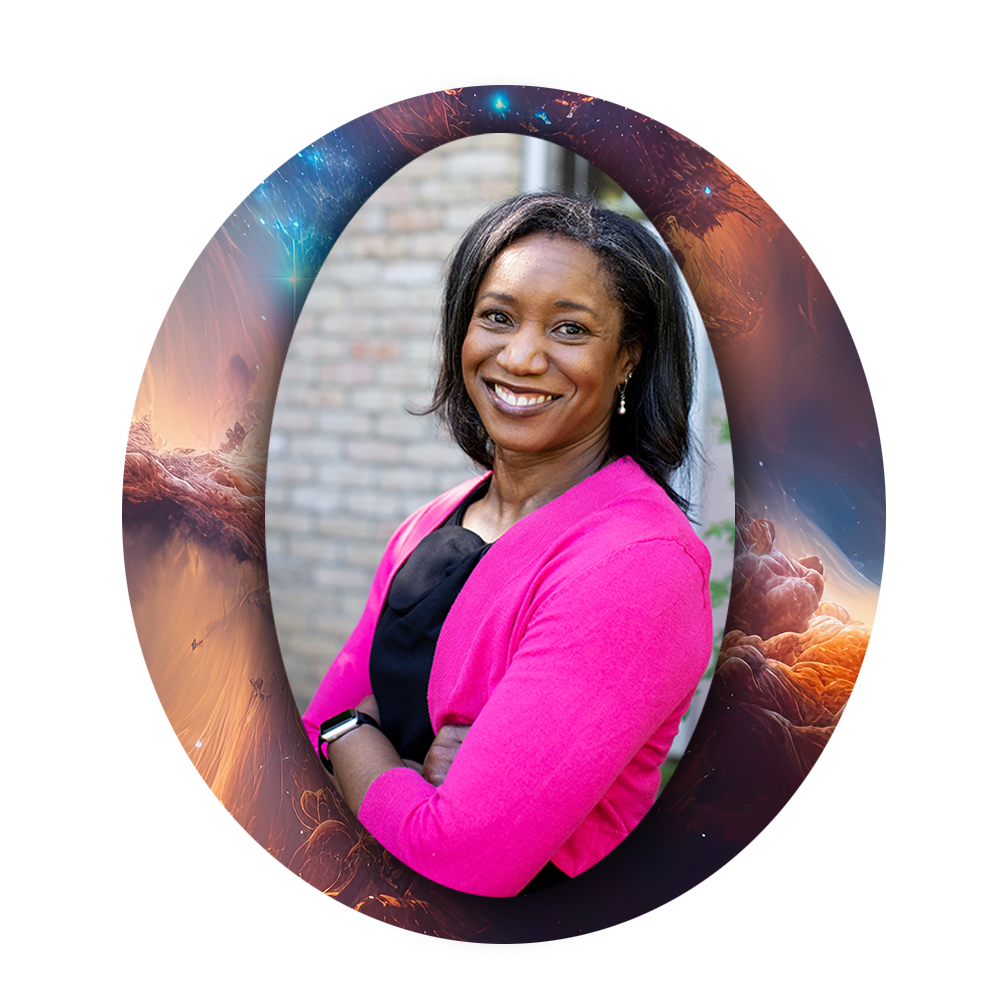Mother God’s Porch Awaits
Isaiah 40:1-11
Comfort, O comfort my people,
says your God.
Speak tenderly to Jerusalem,
and cry to her
that she has served her term,
that her penalty is paid,
that she has received from the Lord’s hand
double for all her sins.
A voice cries out:
‘In the wilderness prepare the way of the Lord,
make straight in the desert a highway for our God.
Every valley shall be lifted up,
and every mountain and hill be made low;
the uneven ground shall become level,
and the rough places a plain.
Then the glory of the Lord shall be revealed,
and all people shall see it together,
for the mouth of the Lord has spoken.’
A voice says, ‘Cry out!’
And I said, ‘What shall I cry?’
All people are grass,
their constancy is like the flower of the field.
The grass withers, the flower fades,
when the breath of the Lord blows upon it;
surely the people are grass.
The grass withers, the flower fades;
but the word of our God will stand for ever.
Get you up to a high mountain,
O Zion, herald of good tidings;
lift up your voice with strength,
O Jerusalem, herald of good tidings,
lift it up, do not fear;
say to the cities of Judah,
‘Here is your God!’
See, the Lord God comes with might,
and his arm rules for him;
his reward is with him,
and his recompense before him.
He will feed his flock like a shepherd;
he will gather the lambs in his arms,
and carry them in his bosom,
and gently lead the mother sheep.
Growing up, the embrace of Black women was a constant source of solace in my life. Whether it was my mom, aunts, grandmother, stepmom, cousins, friends, hairdressers, or women in church, their prayers, stern words, problem-solving abilities, and pots of soup when I was sick held a magical quality. Because of their influence, I often find myself envisioning God as an older Black woman perched on her porch, tending to the neighborhood, fixing my blouse, and reminding me not to let her good air out of the house. This protective, yet nurturing image is what God feels like in this chapter.
As history tells us, the ancient Israelites had been pushed into exile, losing everything, including their land, holy places, their ability to self-govern, comfort, and security. They were stripped of everything that made them who they were, brought low and subject to someone else’s standards, dreams, and desires. In Isaiah Chapters 1-39, the people of God received a very stern “talking to.” God was angry with them, and many charges were brought up against them due to their neglect of the poor and suffering, worship of other gods, and more.
Yet, here, the same God approaches them with divine comfort and reassurance that things would still be okay. Though they made mistakes and may have thought that they were abandoned, God’s deep commitment and love to them could never be broken. In psychology, this is called “unconditional positive regard.” Though God had been unhappy at times, God’s love was still there. The people were still the apple of God’s eye; who they were could not be defined by their current circumstances or by the societal violence that was threatening to tear them apart or crush their self-love.
Just like the women who nurtured me, God’s love was fierce and unwavering. You can almost hear God saying, “you are still beautiful and precious in my sight. I will protect you, I will support you, I will keep showing you the way. Who I made is still worth fighting for – every part of you.”
My connection to such an intimate passage traces back to my earliest memories. As a young child engrossed in TV shows with my mother, a pivotal moment emerged. One day, she turned to me and said, “Brooke, if you ever decide that you want to be with another woman, I want you to know that it would be okay with me.” The weight of her unconditional acceptance was confusing to my younger self, but in later years, as I grappled with my queerness, those words became a balm to my soul. They reflected a divine comfort mirrored in Isaiah’s message—an unconditional love that transcends societal brokenness. For many Black queer women, navigating the intersections of race, gender, and sexual orientation can be a daunting journey. Yet, the love of family (chosen or biological) who still see us, can be a sanctuary where we find the courage to rise above the pressures around us. I like to believe that such love is an extension of God in Isaiah’s imagination.
In Isaiah’s words, there is not only personal comfort but also hope for societal transformation. For people actively experiencing violence and marginalization, this passage brings hope for a future where they finally live safely in their own bodies, on their own land, and can worship the way they want to. It is comfort that is a balm for the wounds inflicted by systemic injustice—wounds we now also recognize as racism, patriarchy, and heteronormativity. Isaiah’s words gave people something to hope for and work towards. The image of a voice crying out in the wilderness resonates with the voices of Black women who have historically been marginalized, yet bring one another comfort through church, hair braiding shops, and kitchen tables. It resonates with the tireless work of womanists who advocate for a world where all are free from oppression.
As a teenager, I sang a similar hope with fervor in the high school chorus, and my favorite tunes were from Handel’s Messiah. I did not yet understand the historical nuances of Israelite exile, but when we sang, “Comfort ye my people,” or “The glory of the Lord shall be revealed,” something shifted in my spirit. I belted Isaiah’s promises as if my life depended on it. It was like something in my body remembered those blood memories of my own people, with their own history of displacement, dehumanization, and humiliation. Those songs became a spiritual anchor, a place where I felt seen, heard, and known. I wanted to live and work as if such a world were possible.
The words of Isaiah would continue to find me throughout my life. Fast forward to a season of profound grief, the year my mother passed away. The Christmas carols lost their luster, and I found myself broken, grappling with loss and pain. It was then that my stepmother, attuned to the power of music, broke out in a boisterous dance to Handel Messiah’s Soulful Celebration (the Black version). Pretty soon, my tears of sadness mixed with tears of joy, as we burst into laughter at her attempts to bring a smile to my face. Her dance, a spontaneous response to Isaiah’s verses, lifted my spirit in a time of need.
In Isaiah’s verses, we find solace in the promise of comfort, and it’s not just a fleeting reassurance but a profound, transformative intervention. In the music, in the dance, and in the shared pain, we find the echo of Isaiah’s words bringing comfort when we need it most. When it seems like everything has been taken away from us, the promises of scripture come alive not only in the ancient texts but in the dance, the song, and the shared cultural moments of sorrow, love, and joy.
This is a profound passage with a lot to teach people who are longing. It not only brings comforts to our personal and systemic wounds but also centers our vision on the kind of world we are fighting for—a world where peace is dependent on justice, a world where all can be their true selves, where pain and sorrow are no more, where systemic violence has ceased.
As we journey through this sacred season, may the promises of Isaiah resonate in the melodies of our lives, offering comfort, liberation, and a vision of a world where only beauty, freedom, singing, dancing, and visits to Mother God’s porch await.
Reflection:
- What do you find beautiful today? What does your dance look like?
- In what ways have you experienced your own transformative intervention?

Rev. Brooke Scott (she/her) is a Presbyterian pastor of two new worshipping communities in Delaware, “Church on Main” and the emerging group called “Seek Respite.” She is also a trained social worker with experience in homeless intervention, mental health, and suicide prevention. Brooke is originally from the Philadelphia area. She is passionate about the intersections of race, gender, sexuallity, mental health, and religion. Brooke is an intentionally interfaith practitioner. In her free time, she enjoys reading, music, musical theater, and practicing yoga.



Unbound Social